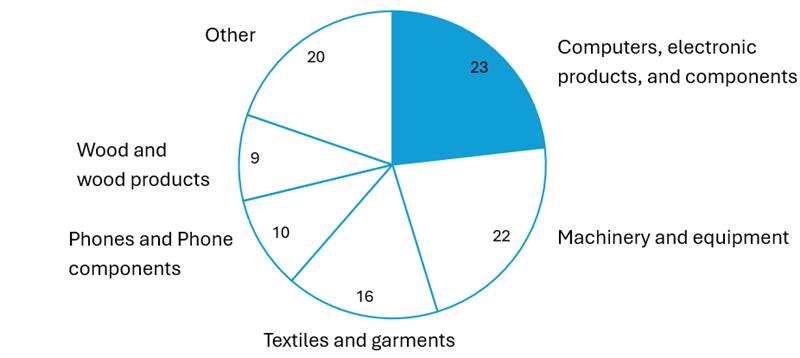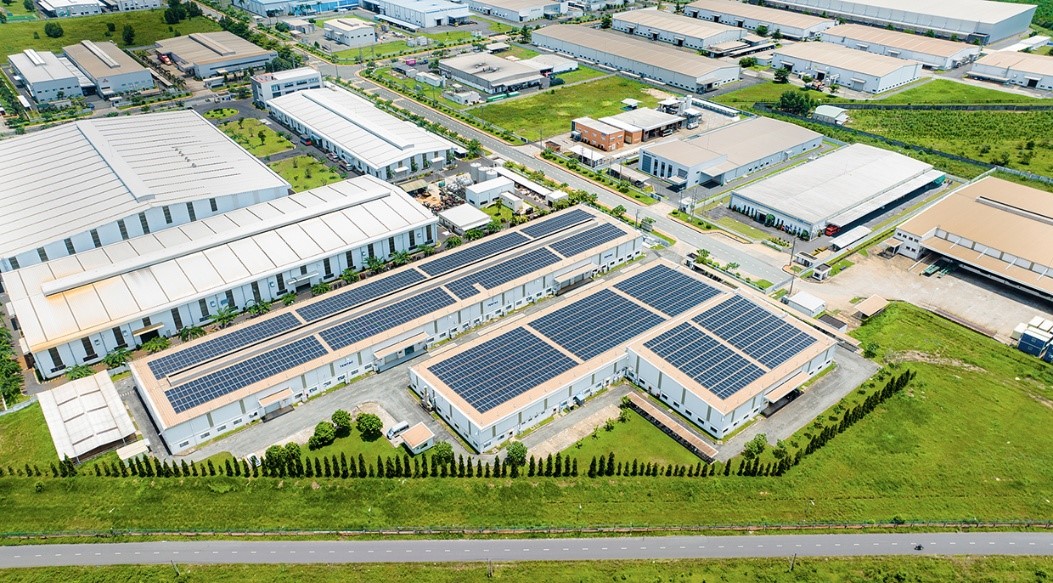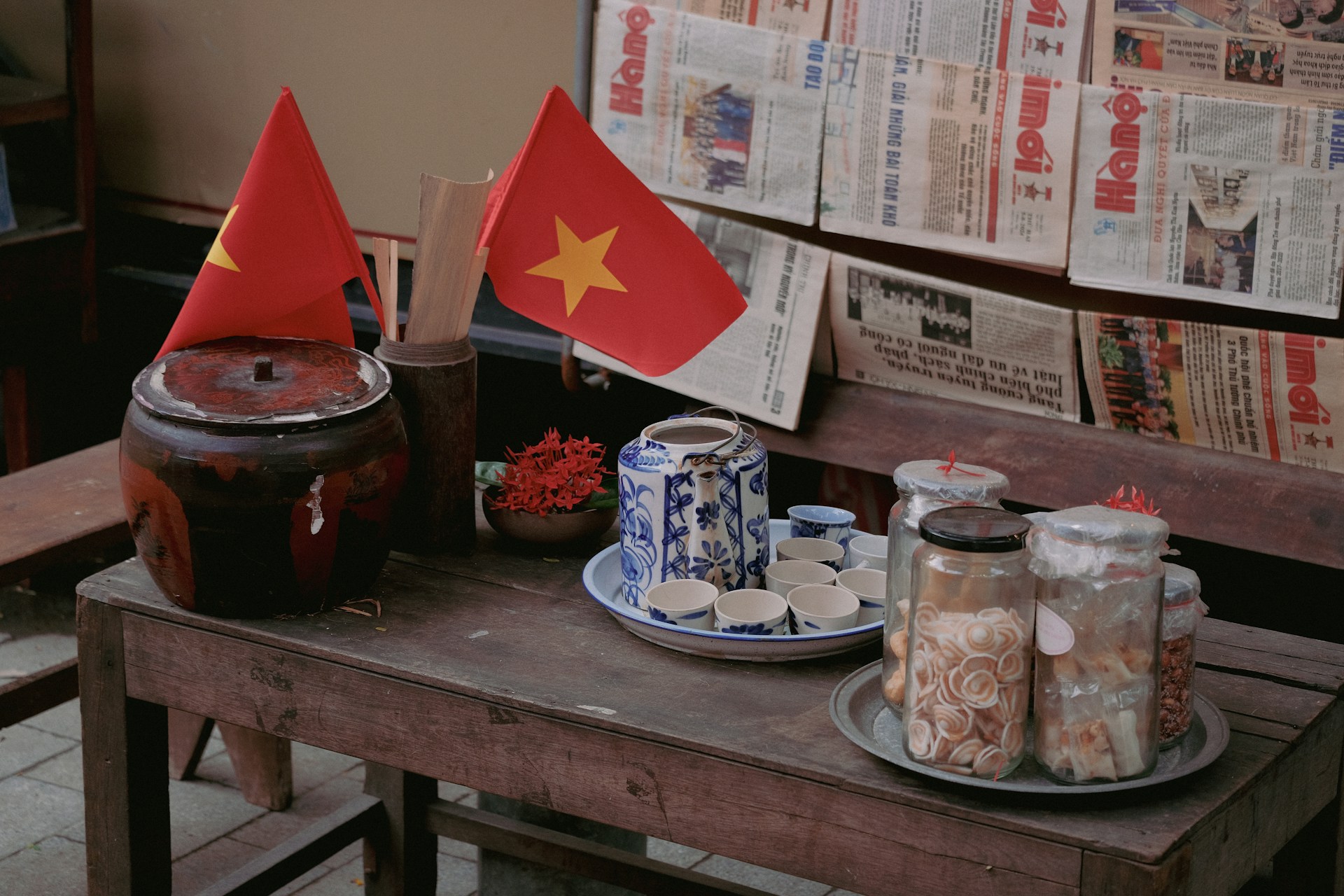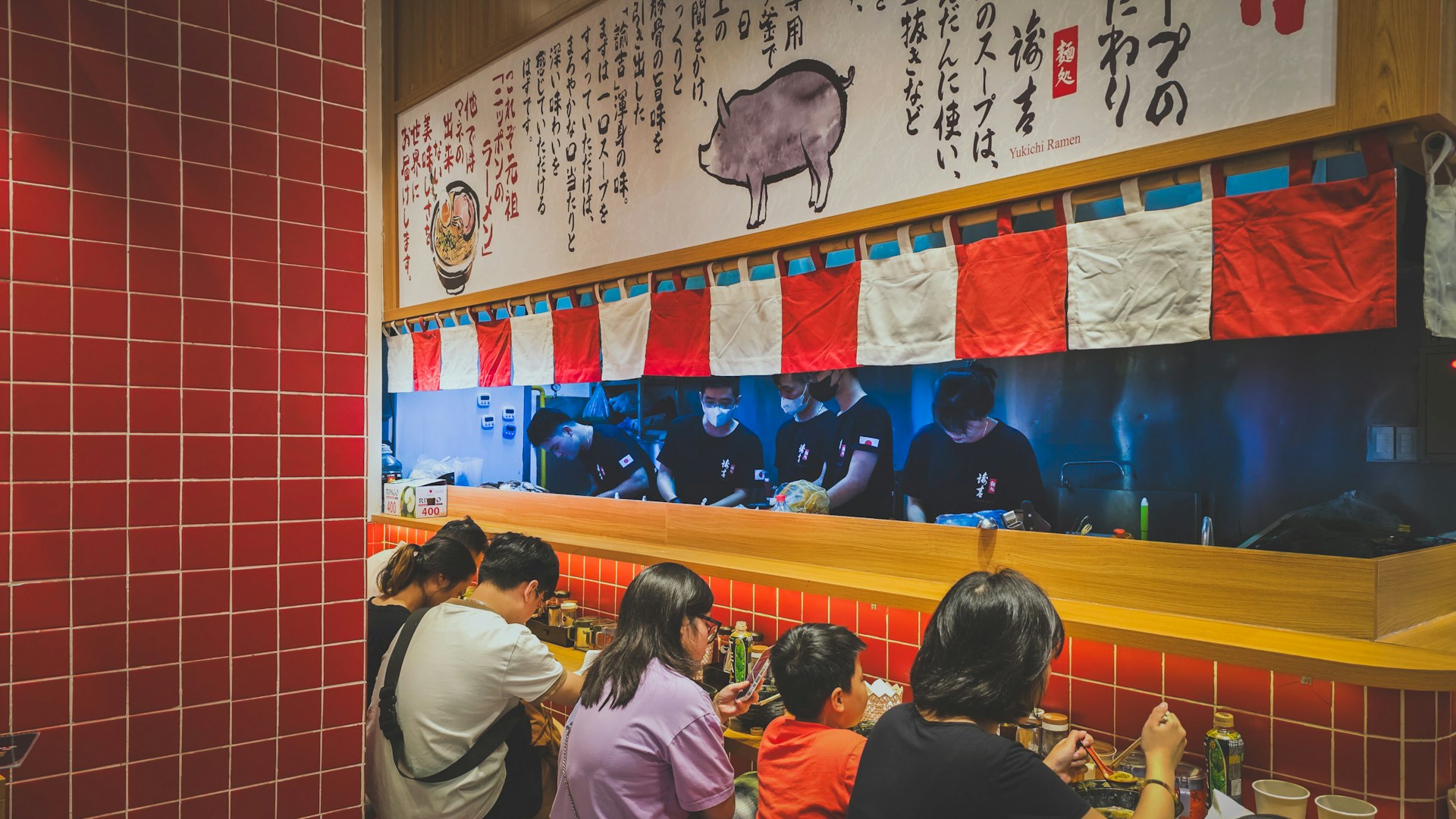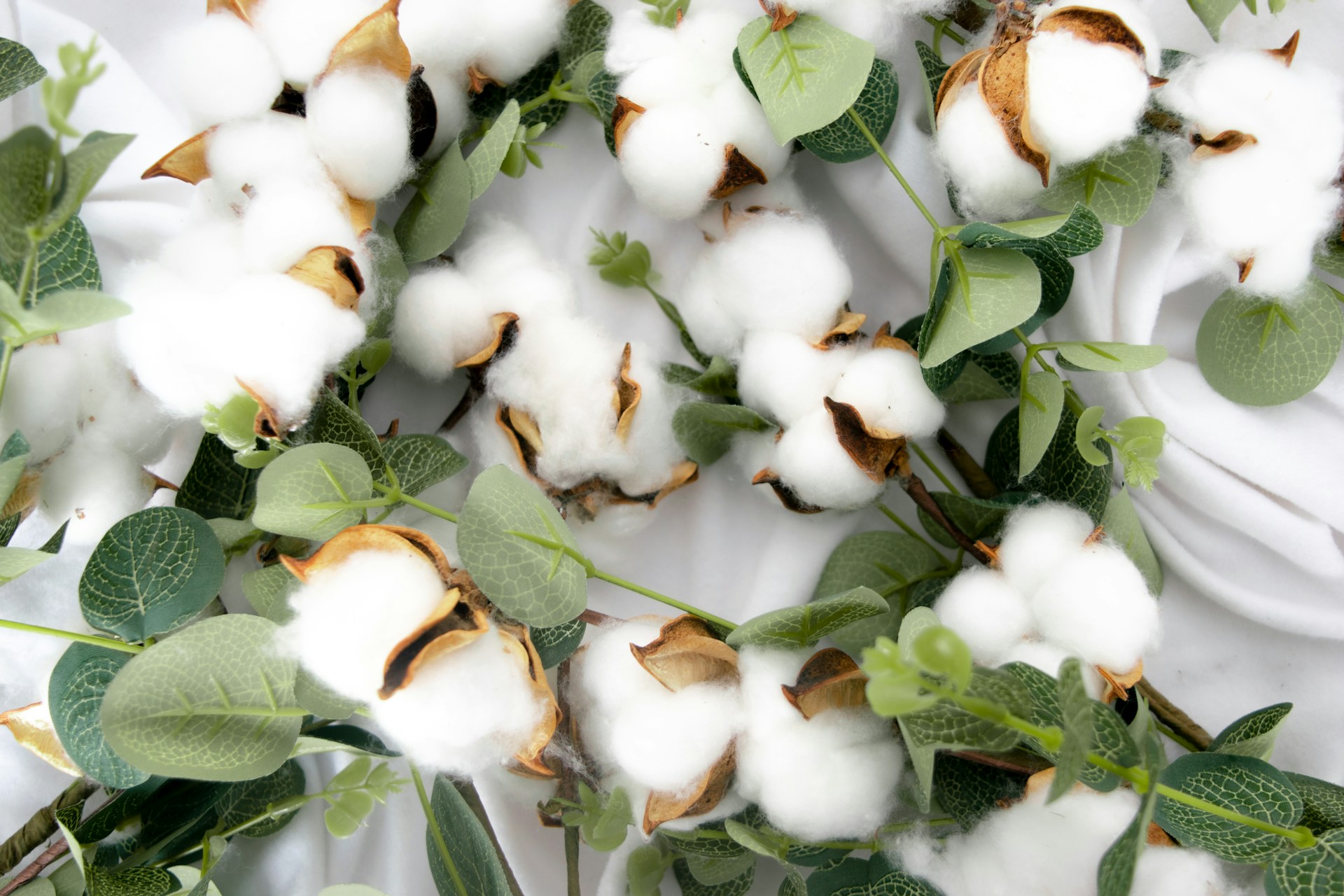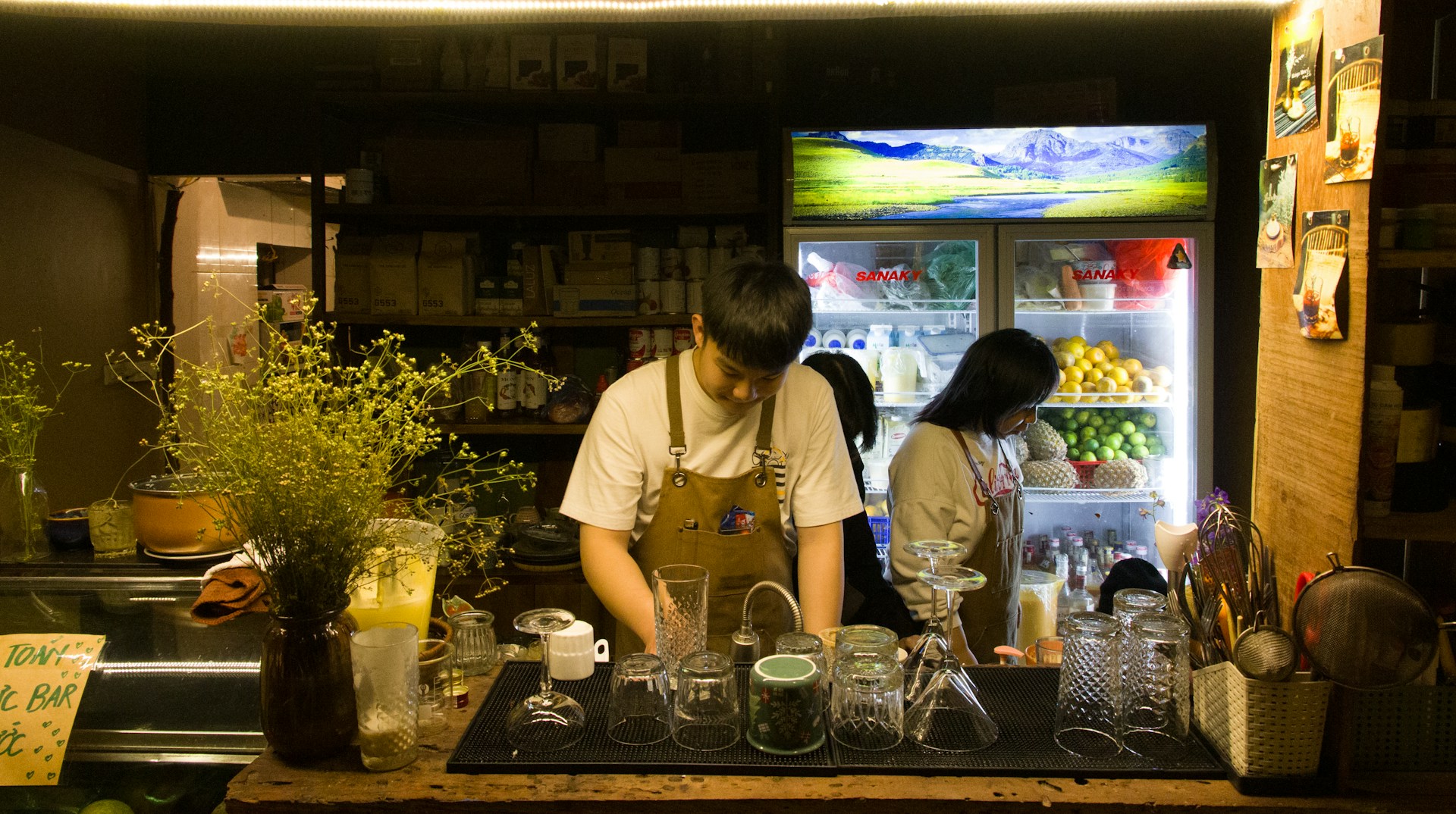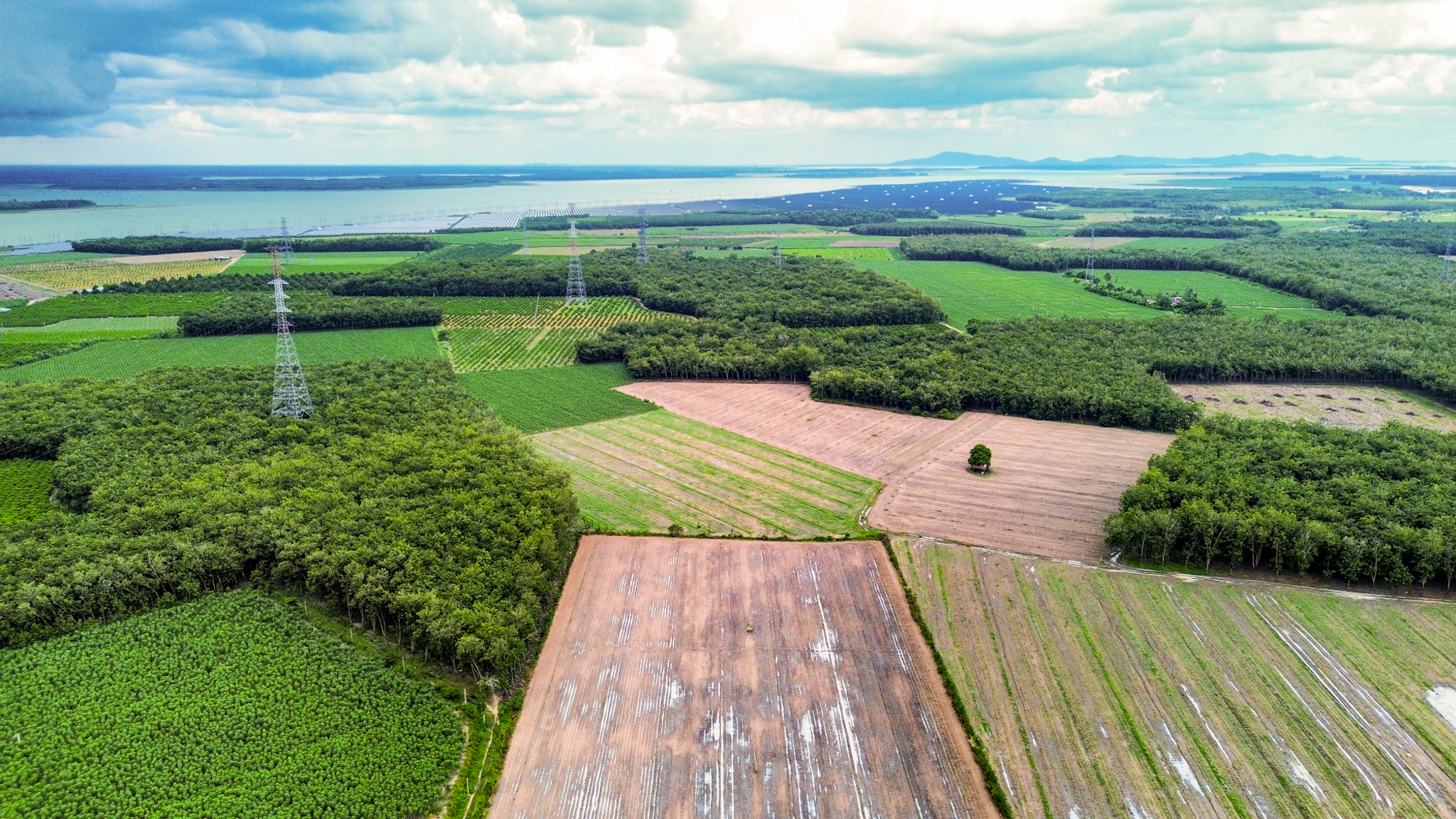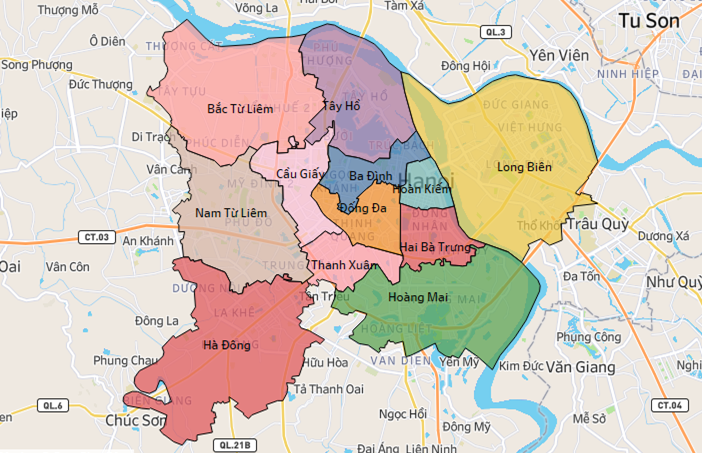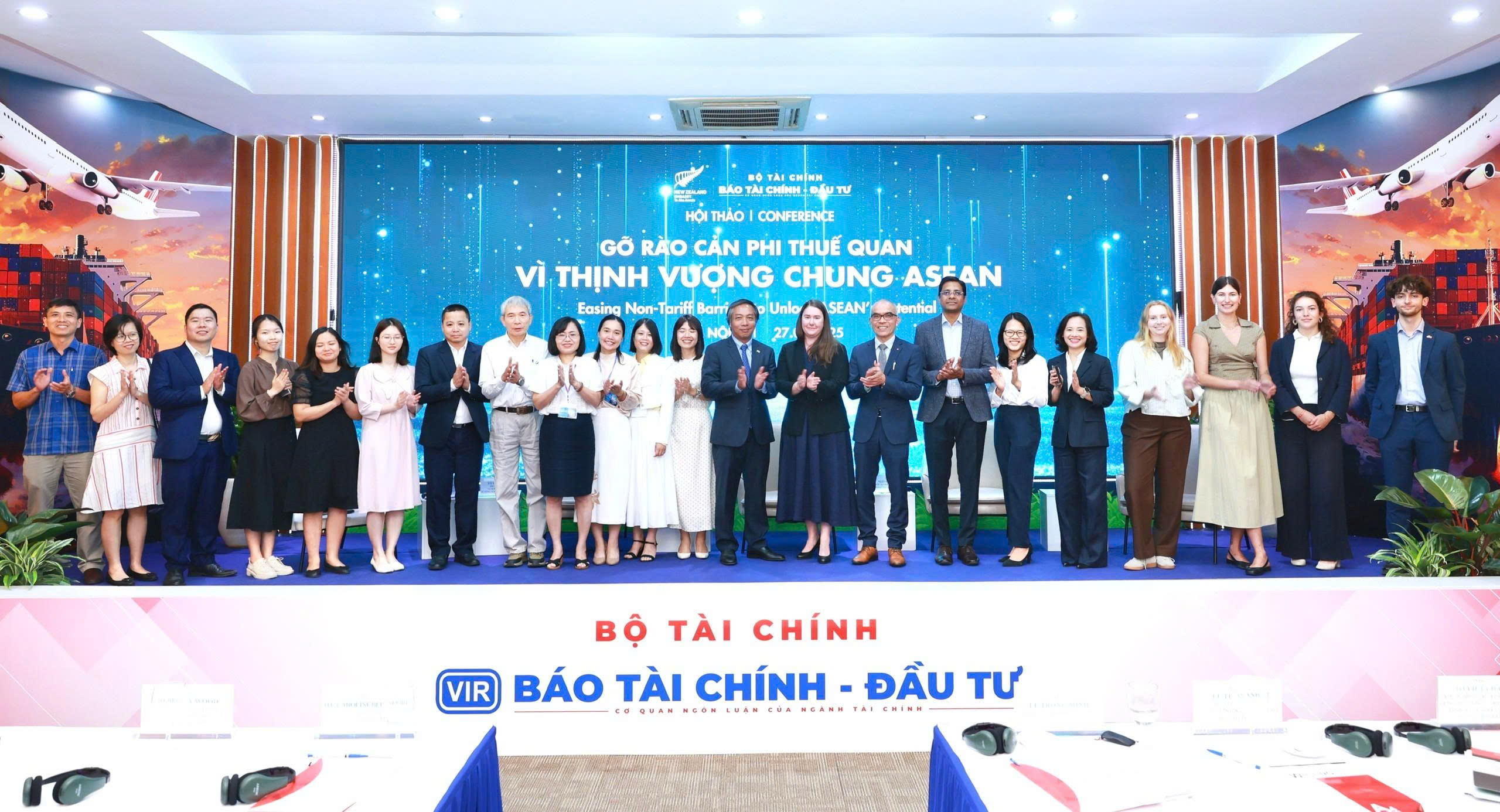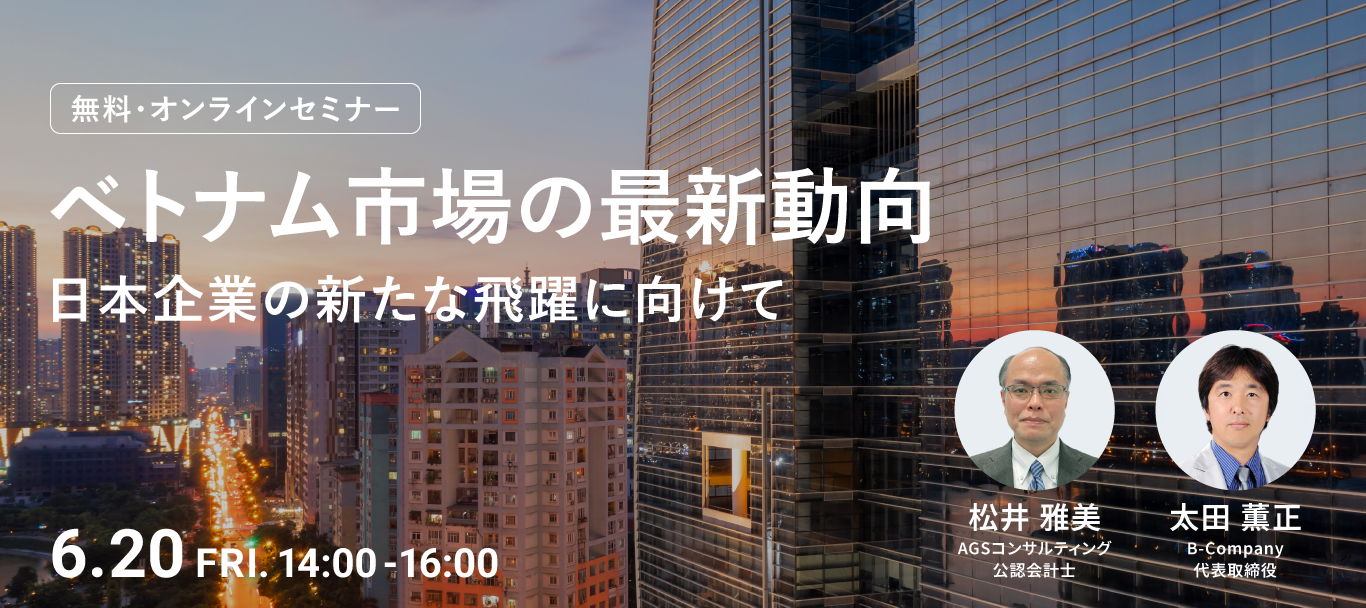
157월2025
최신 뉴스 및 보고서 / 베트남 브리핑
댓글: 댓글 없음.
환적과 원산지 위조는 특히 미중 무역 전쟁이 격화되면서 미-베트남 무역에서 주요 문제로 떠올랐습니다. 미국이 중국 상품에 부과한 관세 인상은 관세 격차를 발생시켜 베트남을 경유하는 우회 수법을 부추겼습니다. 새로운 미국의 관세 정책, 특히 환적 상품에 대한 징벌적 관세율은 베트남 기업들이 공급망을 재평가하고 구조조정하도록 하는 전환점을 예고하고 있습니다.
감지된 사기 행위
미국은 베트남 수출품에 대한 무역 방어 조사를 가장 많이 개시했으며, 2024년 기준 64건이 기록되었습니다. 특히, 우회 방지 조사가 점점 더 활발해지고 있습니다. 일반적인 사기 수법은 다음과 같습니다.
– 베트남에 표면적인 생산라인을 구축하고, 실질적인 변형 기준을 충족하지 못하는 기본 조립이나 사소한 가공만 실시합니다.
– 반제품을 수입하여 최종 단계의 조립만 수행합니다.
– 완제품인 중국 제품을 수입하여 "베트남산"으로 다시 라벨을 붙여 수출합니다.
주목할 만한 사례는 2020년 세관 당국이 광범위한 원산지 부정 행위를 적발한 것입니다. 자전거(4개 회사), 태양광 패널(5개 회사), 목재 가구(12개 회사)에 대한 검사에서 100% 규정 위반이 적발되었습니다. 이 회사들은 주로 부품이나 반제품을 수입하고 최소한의 가공만 진행했으며, 제품의 본질적인 특성을 변경하지 않았기 때문에 베트남 원산지 자격을 박탈당했습니다.
베트남 상품에 대한 미국 관세 정책의 변화 (2025년 4월~7월)
2025년 7월 2일 발표된 미국-베트남 무역협정은 대부분의 베트남 상품에 대한 20% 일반 관세를 공식화하고 40% 징벌적 환적 관세를 시행함으로써 협상 단계를 마무리했습니다. 이러한 정책 변화는 초기 압박 조치에서 원산지 사기 방지에 중점을 둔 보다 체계적인 접근 방식으로의 전환을 의미하며, 외교적 협력을 유지하는 동시에 이루어집니다.
미국이 베트남 상품에 부과하는 관세의 진행 상황
| 날짜 | 정책 조치 | 베트남 상품에 대한 관세 | 환적물품에 대한 관세 | 이론적 해석 |
| 2025년 4월 2일 | 관세 공고 | 46% 보복 관세 위협 | 명시되지 않았지만 우회가 주요 문제로 언급됨 | 대규모 무역 적자와 불공정한 관행 인식을 해결하기 위해 |
| 2025년 4월 9일 – 7월 9일 | 90일 협상 중단 | 10%의 기본 요율로 감소 | 지정되지 않음 | 우회 우려를 포함한 양자 무역 협상을 원활하게 하기 위해 |
| 2025년 7월 2일 | 미국-베트남 무역 협정 | 대부분 상품에 대한 일반 관세 20% | 40% 관세 | 베트남을 통한 우회를 억제하기 위한 양자 협정 결과 |
출처: B&Company 편집
영향을 받는 산업 및 수출 데이터
40% 우회 관세는 베트남의 모든 주요 대미 수출품, 특히 중국산 원자재 및 부품에 의존하는 품목에 영향을 미칠 것으로 예상됩니다. 가장 취약한 분야는 전자, 기계, 섬유, 가구, 신발 등입니다. 미국 시장에 대한 높은 의존도는 새로운 원산지 및 환적 규정과 관련된 위험을 증폭시킵니다.
2024년 베트남의 대미 수출액은 약 1,200억 달러로 전년 대비 23%(225억 달러 증가) 증가했으며, 이는 베트남 전체 수출액의 30%에 해당합니다.
2024년 베트남의 대미 수출 구조
100%= 1,200억 달러
출처: 베트남 세관 총국
베트남 기업의 주요 위험
– 수익성 및 경쟁력: 40% 관세는 이익 마진을 심각하게 침식하고 제품의 미국 시장 경쟁력을 떨어뜨려 기업들이 철수하도록 강요할 가능성이 있습니다.
– 규정 준수 부담: 이제 수출업체는 "베트남산"이라는 주장을 입증할 전적인 책임을 지게 됩니다. 문서에 모호한 내용이 있을 경우 징벌적 관세가 부과될 수 있습니다.
– 공급망 재구조화 비용: 중국산 원자재에 의존하는 기업은 대체 공급업체를 찾아야 하는데, 이는 비용이 많이 들고 복잡한 과정으로 운영에 차질을 빚을 수 있습니다.
– 집행의 불확실성: 명확하고 투명한 시행 지침이 부족하면 임의적인 시행으로 이어져 불안정한 사업 환경이 조성될 수 있습니다.
전반적으로 40% 우회 관세는 상당한 과제를 제시하지만, 베트남 기업과 더 넓은 경제권에 역량을 강화하고, 투명성을 높이고, 장기적으로 더 지속 가능한 성장 모델을 추구할 수 있는 기회도 제공합니다.
베트남 내 일본 기업의 기회
이러한 변화하는 정책 환경 속에서 베트남에 투자한 일본 기업은 4가지 주요 이점으로 인해 독특한 이점을 누릴 수 있는 입장에 있습니다.
– 심층적인 제조 역량: 일본 기업들은 일반적으로 첨단 기술과 정교한 생산 공정에 투자하여 베트남 내 제품의 상당한 전환을 보장합니다. 이는 베트남산 제품의 진정한 원산지임을 뒷받침하는 강력한 근거입니다.
– 투명한 공급망: 일본의 엄격한 공급망 관리 덕분에 베트남에서 창출된 자재와 부가가치를 명확하게 추적할 수 있으며, 이는 환적 의혹에 맞서는 중요한 증거입니다.
– 규정 준수에 대한 평판: 일본 기업은 규제 준수 측면에서 세계적인 명성을 누리고 있으며, 이로 인해 미국 세관 당국과의 거래에서 신뢰성 있는 이점을 제공합니다.
– 실질적인 투자 전략: 베트남으로의 이전은 기회주의적인 조세 회피가 아닌 장기적인 다각화 전략(즉, "China +1")에 부합합니다. 이는 상당하고 지속적인 투자 약속을 통해 분명히 드러납니다.
* 본 기사의 내용을 인용하고자 하시는 경우, 저작권을 존중하여 출처와 원 기사의 링크를 함께 명시해 주시기 바랍니다.
| 비앤컴퍼니
2008년부터 베트남에서 시장 조사를 전문으로 하는 최초의 일본 기업입니다. 업계 보고서, 업계 인터뷰, 소비자 설문 조사, 비즈니스 매칭을 포함한 광범위한 서비스를 제공합니다. 또한, 최근 베트남에서 900,000개 이상의 기업에 대한 데이터베이스를 개발하여 파트너를 검색하고 시장을 분석하는 데 사용할 수 있습니다. 문의사항이 있으시면 언제든지 문의해주세요. info@b-company.jp + (84) 28 3910 3913 |
